Building Resiliency Seen as Economic Growth
The debate motion for the Asian Forum on Corporate Social Responsibility 2014 held recently in Manila, Philippines is “Building resilient communities is mainly about economic growth.” Our Asia 21 leaders Arnel Casanova and Vivian Claire Liew spoke for the Proposition, before an audience of 500+ corporate and social leaders, though with a larger segment from NGOs.
Their stand was that creating or developing a high degree of adaptive capacity, and thus the ability to bounce back from natural or man-made disruptions, in groups of people with shared identities and destinies, is for the most part, enabled by GDP growth and its fruits; financial resources and the formation of human capital, accruing directly or indirectly from social investments in education, nutrition, healthcare, infrastructure in communications, transport and other logistics. Economic growth allows us to pay the worker his due, thus enabling the recruitment of competent people, the bedrock of all effective and high-performing organizations. This facilitates capacity building and good governance, and thus the development of a good system to anticipate, to prepare and to manage. The converse – the lack of economic growth leads to the disenfranchisement of youth, who lack resources to build their lives and families. They thus lack hope and grasp at straws, giving extremists an opening, which imposes a greater burden on the rest of society.
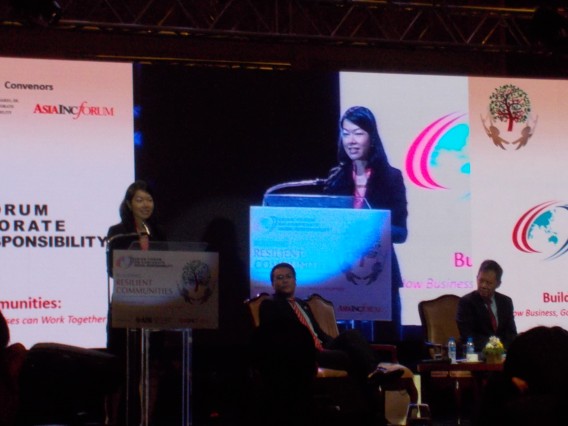
Vivian thus contended that “Economic growth is the water of life that nurtures resilient communities.” This can be the high GDP growth of 6-7% enjoyed by the Philippines, or the lower GDP growth of Japan – 1.4% and 1.5% in 2012, and 2013 respectively, and 1.6% this year, per IMF projections. Countries with wise leadership, who have probably received excellent education and training – enabled by economic growth, will be able to discern and implement the right economic strategies that make their particular economy more sustainable.
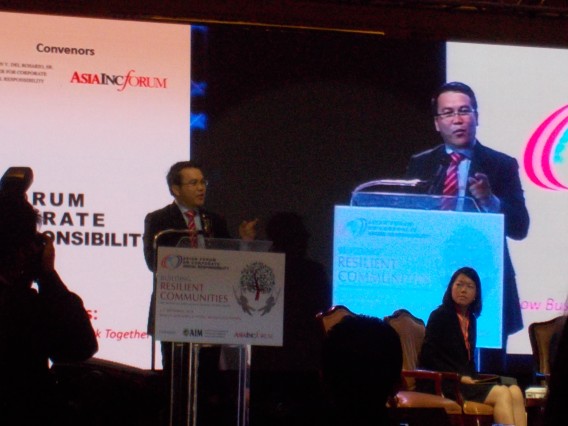
Arnel noted that “Poverty imprisons the minds of the poor” and that “The lack of resources strips you of human dignity”. Scarcity of resources leads to conflict; he’d seen an entire village of 300 people burned down because of a land dispute. He further supported the motion by sharing on how a lack of technology affected the Ondoy disaster efforts vs the Doppler radar system that helped evacuation thereafter and which is funded by economic growth.
The opposition comprising of Dr. Kristine Gebbie from the Torrens Resilience Institute in Australia and Clinton’s public health czar in 2003-4, and Dr. Thitinan Pongsudhirak, Director of Chulalongkorn’s Institute of Security and International Studies, noted that economic growth was overrated and can erode resilience, and that resilience was about the human spirit, planning, connectedness and connectivity, plus a host of other factors. “Greed is good” Dr. Thitinan mockingly said, continuing a subtle subtext from Kristine’s opening counter. That set the stage for an emotional response from the audience where a majority noted that resilience was not all about economic growth, and that in economically strong countries, there were fewer trials and tribulations.
Debate duties aside, Vivian noted that both she and Arnel’s individual gut reactions on hearing the debate motion was to lean towards the opposition. Building resilient communities involves many key factors of which economic resources is one. But as noted in her speech, without economic growth, building resilient communities is not possible in the long run.
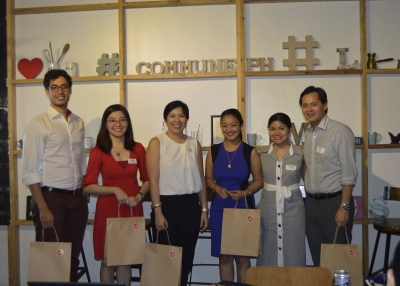

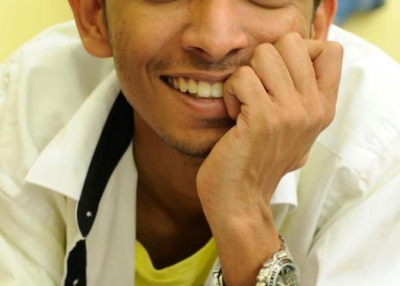
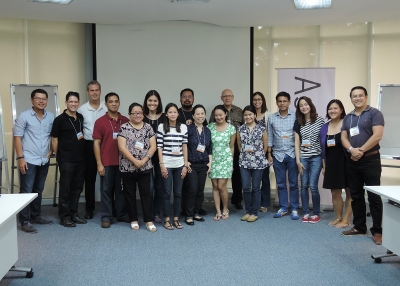
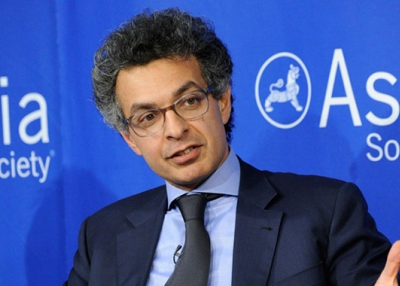

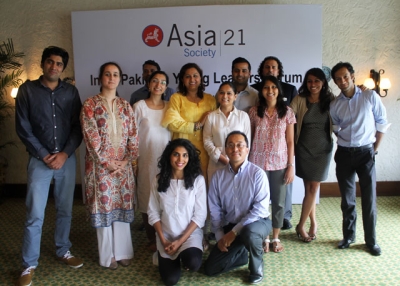
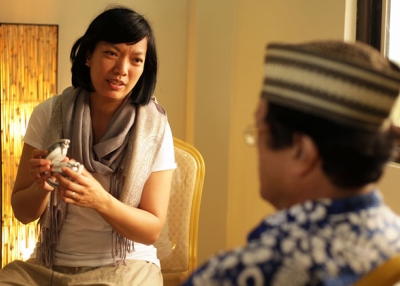
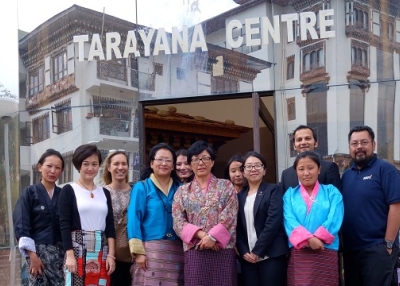
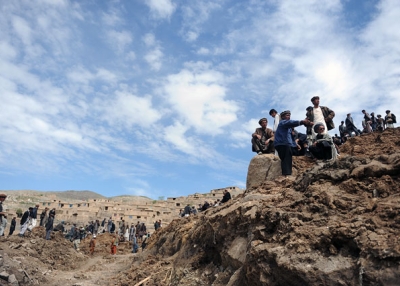
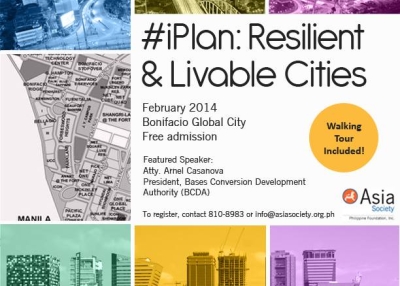
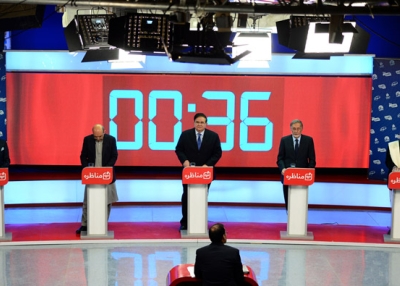
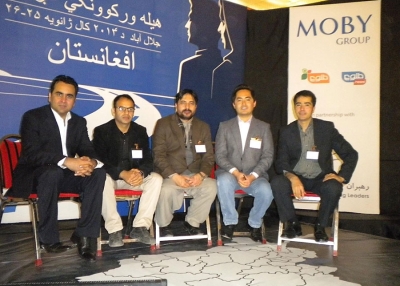
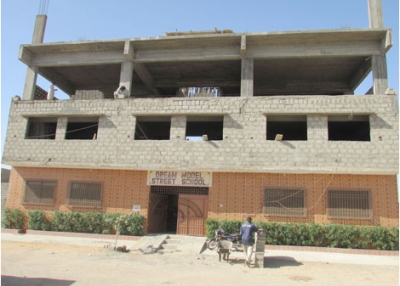
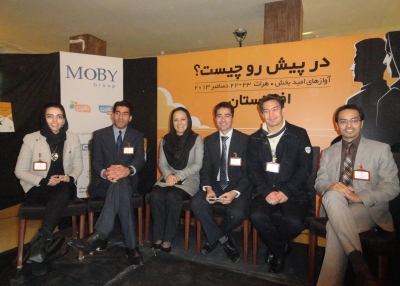

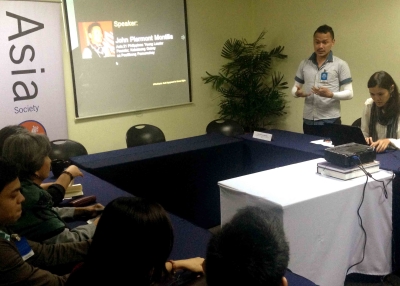

.png)
.png)